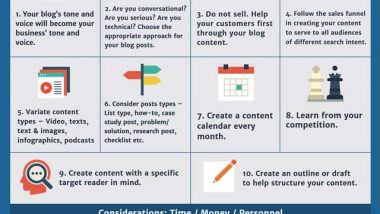Many creative thinkers, politicians, and authors have been in the habit of taking short naps. Here are just 18 historic power nappers:
Gene Autry, singer and actor (took naps between performances)
Napoleon Bonaparte, French emperor (daily naps)
Winston Churchill, British prime minister (his afternoon naps of an hour or two were nonnegotiable)
William Clinton, U.S. president (catnapped when he could)
Salvador Dali, painter (he took ten-second power naps to increase his creativity)
Leonardo da Vinci, scientist and artist (took multiple naps during the day, slept less at night)
Thomas Edison, inventor (daily naps of one or two hours with only three or four hours of sleep at night)
Albert Einstein, physicist (got ten hours of sleep each night and still napped during the day)
Stonewall Jackson, general (could take a nap anywhere outdoors, even during a battle)
Lyndon B. Johnson, U.S. resident (took naps at 3:30 in the afternoon)
Jacqueline Kennedy, first lady (often napped with her husband)
John F. Kennedy, U.S. president (napped after lunch each day)
Connie Mack, baseball player and manager (was fond of naps)
Jenny McCarthy, actress (naps in taxis and on airport floors, etc.)
Ronald Reagan, U.S. president (napped daily)
John D. Rockefeller, businessman (napped every afternoon)
Eleanor Roosevelt, first lady (napped before speaking engagements)
Margaret Thatcher, British prime minister (several short naps during the day)
Alas, I couldn’t find any book authors who were nappers. Of course, Winston Churchill wrote a number of books. As did John F. Kennedy, Bill Clinton, and Jenny McCarthy.
Why You Should Take Naps
Here are nine benefits of taking naps regularly …
Naps restore alertness, refreshing your mind and your creativity (the National Sleep Foundation recommends naps of 10 to 30 minutes). Alert writers write better.
Naps prevent burnout (Source: Dreamland: Adventures in the Strange Science of Sleep).
Naps relax your mind. Naps can be a mini-vacation: an easy way to relax and rejuvenate. Relaxed writers write with more passion.
Naps can relieve stress and give you a fresh start. Fresh starts can get you over writer’s block.
Naps heighten sensory perception (Source: Dr. Sara Mednick).
Naps improve creativity, allowing new associations to form (Source: City University of New York study). Creative writers write better books, more interesting fiction, more passionate nonfiction.
Naps make you more productive (Source: Harvard University study).
Naps reduce mistakes and accidents (Source: NASA study).
Naps reduce the risk of heart disease (Source: Archives of Internal Medicine).
10 minute power naps produce the most benefits (Source: Sleep journal).
Video: The Scientific Power of Naps
Do you want an excuse for sleeping on the job? Check out these scientific tips on Power Naps to get the most energy out of your day, while remaining productive and free of caffeine. If done properly, naps can change your life!
About John Kremer
John Kremer is author of 1001 Ways to Market Your Books, the Relationships Matter Marketing program, and many other books and reports on book marketing, Internet marketing, social media, and book publicity. -- John Kremer on Book Marketing.

I’m an author of seven books, a full-time teacher, a dedicated gym rat, and take naps every day. They recharge my batteries and give me a second wind after work.